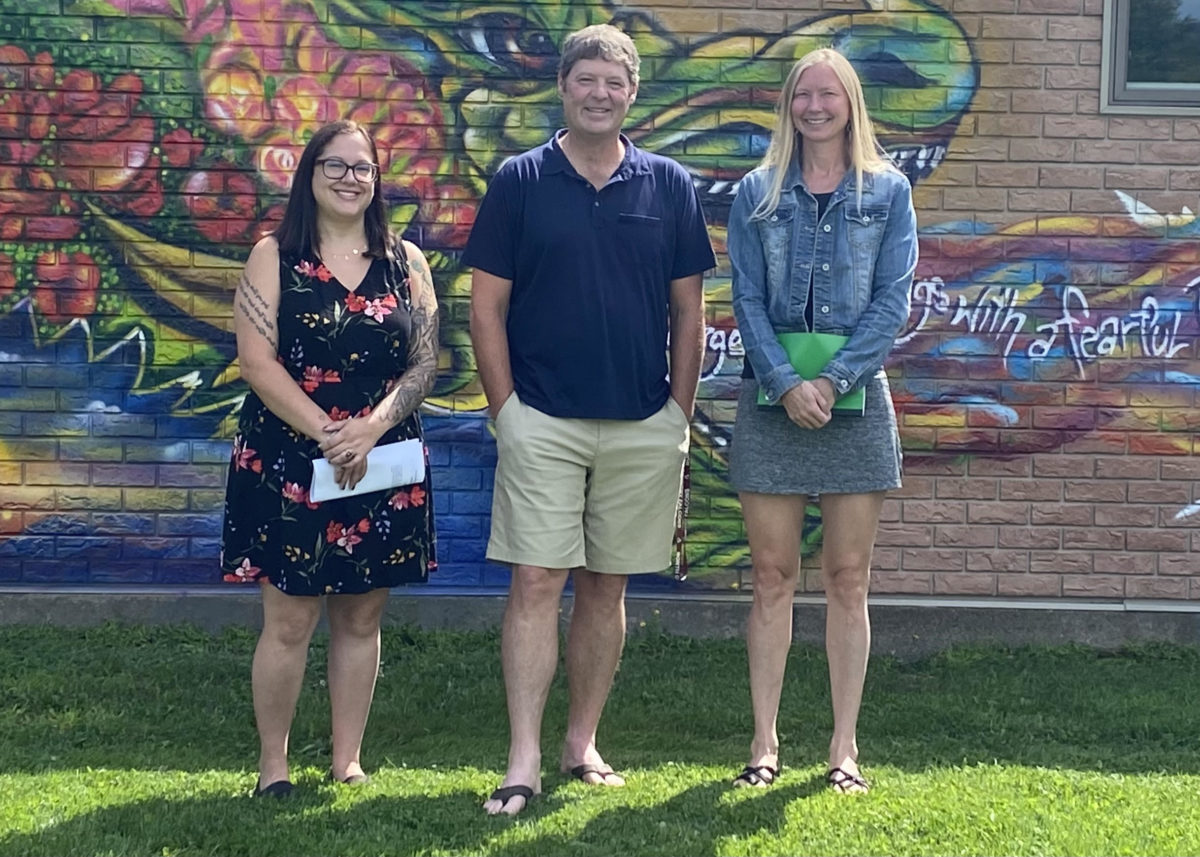Mental health and Substance use often go hand in hand. Mental Health conditions can range from mild to persistent, and many things can trigger the onset. Grief, loss, major life transitions, illness, abuse, trauma and traumatic events can trigger Mental Health conditions. When life becomes unbearable it can be easy to turn to substances to cope. The good news is, there is help and treatments available. Mental illness affects 1 in 5 adults in the US. It is prevalent in our society and the more we are open about that and work to break the stigma around it, the easier it will be to seek help and treatment. The most important thing to remember, for yourself or a loved one, is that you are not alone.

Mental health and substance use disorders affect people from all walks of life and all age groups. These illnesses are common, recurrent, and often serious, but they are treatable and many people do recover. Mental disorders involve changes in thinking, mood, and/or behavior. These disorders can affect how we relate to others and make choices. Reaching a level that can be formally diagnosed often depends on a reduction in a person’s ability to function as a result of the disorder. For example:
-
Serious mental illness is defined by someone over 18 having (within the past year) a diagnosable mental, behavior, or emotional disorder that causes serious functional impairment that substantially interferes with or limits one or more major life activities.
-
For people under the age of 18, the term “Serious Emotional Disturbance” refers to a diagnosable mental, behavioral, or emotional disorder in the past year, which resulted in functional impairment that substantially interferes with or limits the child’s role or functioning in family, school, or community activities.
-
Substance use disorders occur when the recurrent use of alcohol and/or drugs causes clinically significant impairment, including health problems, disability, and failure to meet major responsibilities at work, school, or home.
The coexistence of both a mental health and a substance use disorder is referred to as co-occurring disorders. The National Institute for Mental Health’s Mental Health Information page has information about specific conditions and disorders as well as their symptoms.
The Substance Abuse and Mental Health Services Administration (SAMHSA) mission is to reduce the impact of mental and substance use disorders on America’s communities. SAMHSA works to prevent and treat mental and substance use disorders and provide supports for people seeking or already in recovery.
It is also important to note that mental health and mental illness are not always the same thing. There are ways to protect your mental health, and maintain balance and improve coping skills that are different than treatments for mental illness. Both are imperative for happiness and the lack of coping skills in an otherwise mentally healthy individual can lead to substance use. At Journey to Recovery Community Center, we offer coaching and groups to support healthy lifestyles and to build coping skills. We work with other professionals to support co-Occurring disorders and help people with diagnoses seek the most effective and lasting treatment.




